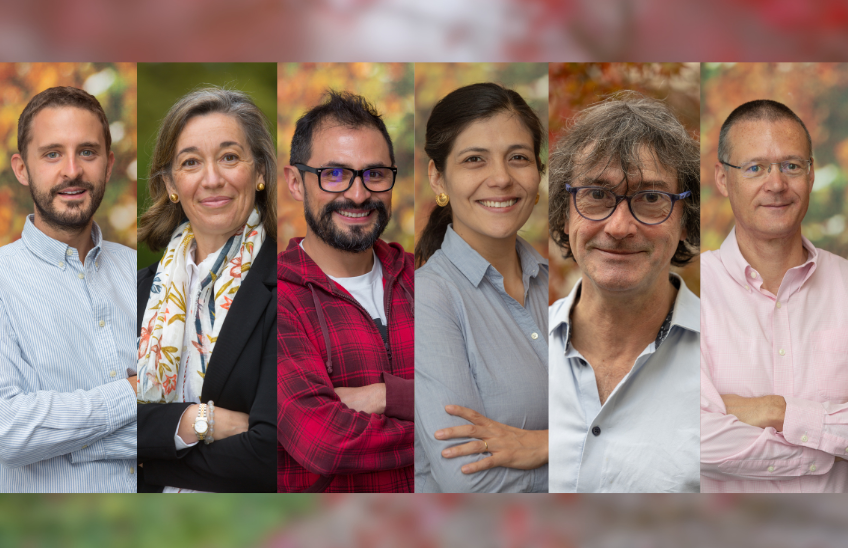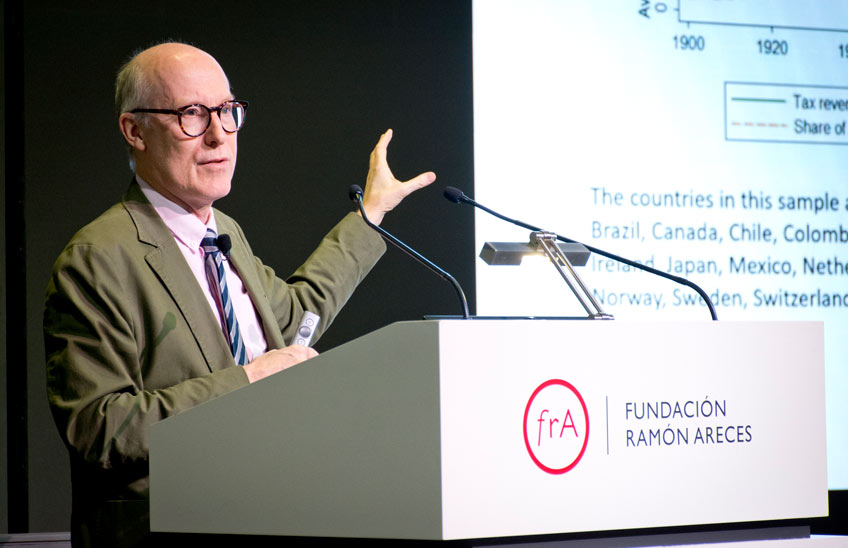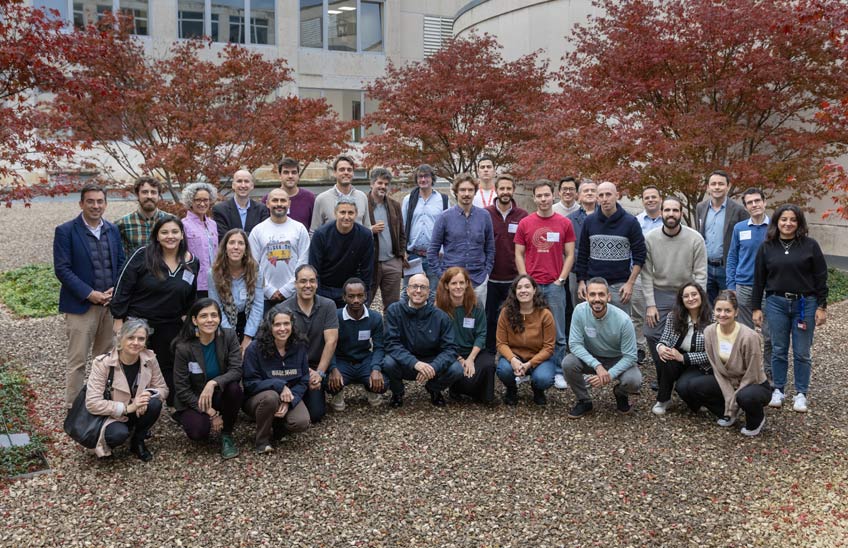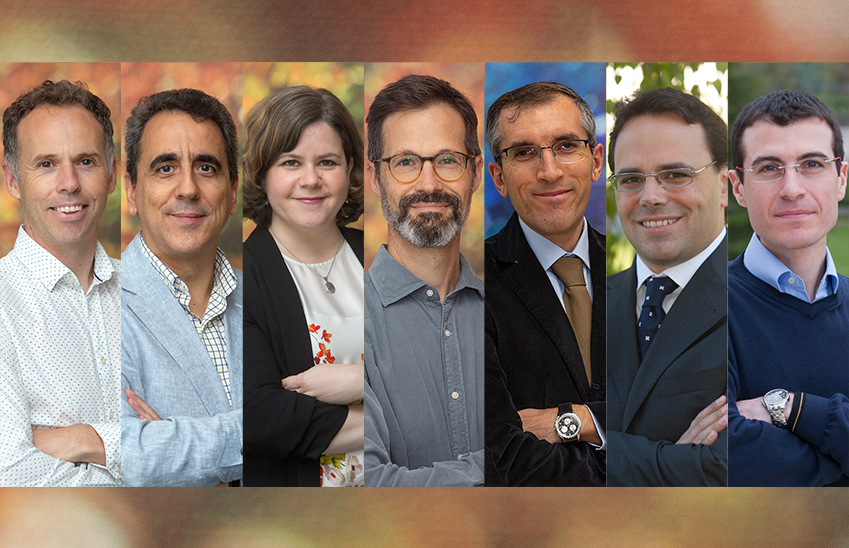"Green bonds are effective for financing environmentally friendly energy infrastructures in countries at development ."
Niclas Moneke, Oxford professor, stated at the University of Navarra that it is necessary to invest in these nations to achieve universal access to electricity, one of the UN's Sustainable Development Goals ( development ).
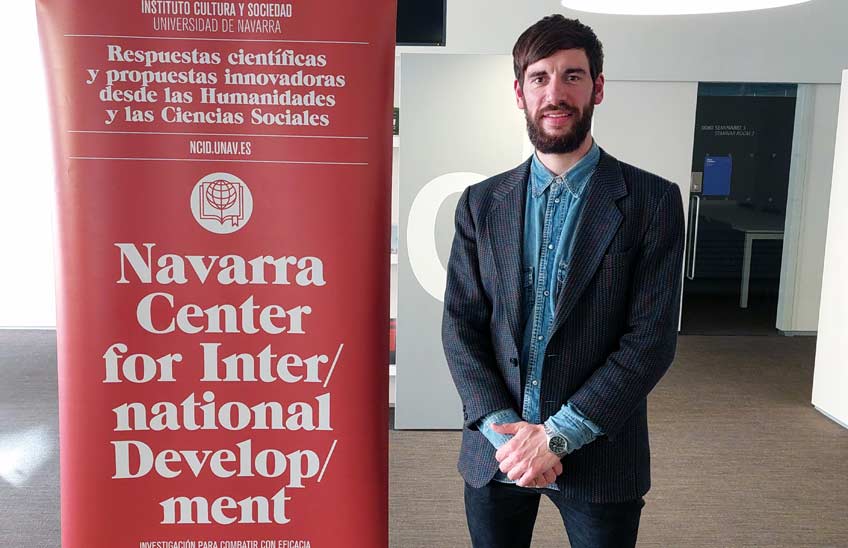
FotoJavier Larequi<br>/Niclas Moneke, profesor de la Universidad de Oxford, fue uno de los ponentes de un workshop organizado por el NCID del Instituto Cultura y Sociedad
07 | 03 | 2022
tool " Green bonds are an effective way to finance environmentally friendly energy infrastructures in development countries ". This was stated at the University of Navarra by Niclas Moneke, professor at the University of Oxford. The expert was one of the speakers at a workshop organized by the Navarre Center for International Development (NCID) of the Institute for Culture and Society (ICS).
The expert recalled that green bonds, widely used in the first world, are a subject debt issued by public and private organisations to finance environmentally responsible projects. "It is not just a matter of bringing electricity to places that don't have it. You also have to consider the impact in terms of sustainability," he said.
In this sense, he insisted that there is still much to be done to guarantee universal access to "affordable, safe, sustainable and modern energy for all people", the seventh of the Sustainable Development Goals development . "In many places they are still far from having the infrastructure to collect, store and distribute it," he said.
Improving the lives of millions of people
Nevertheless, he was optimistic, as he considered that sooner or later "the goalwill be achieved" and electricity will light up any part of the planet, improving the lives of millions of people.
Niclas Moneke was one of the speakers at the workshop'Energy and Environmental Issues in Developing Countries', together with Jevgenijs Steinbuks, researcher of the World Bank; Carlo Andrea Bollino, professor at the University of Perugia and LUISS University (Italy); Jacopo Bonan, professor at the Politecnico di Milano (Italy); and Raul Bajo-Buenestado, researcher of NCID.
The event addressed strategies to reduce energy poverty and ensure access to electricity in developing countries development in a sustainable way. The lectures presented evidence from Pakistan, Tanzania, Brazil and Ethiopia.
The initiative was part of the environmental research line of the 'Strategy 2025: University and Sustainability'. This plan aims to promote projects that help reduce the environmental footprint, preserve natural capital and achieve a change of behavior in society, thus demonstrating that it is possible to eliminate the existing conflict between the conservation of nature and human development .

